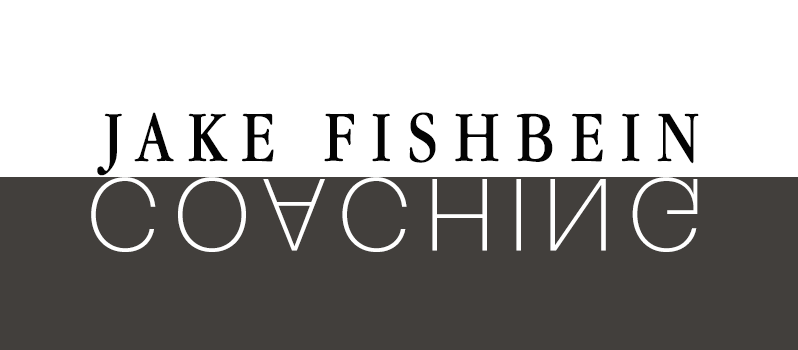Are you committed to being right or to being happy?
Photo by Andrea De Santis
“I wish you were the kind of man who wanted to improve himself,” Cat [Darcy’s girlfriend who is breaking up with him] said while standing at the door of their Park Slope apartment. “Why are men so fixated on being right? Why can’t you just admit you’re wrong sometimes and ask for help? We’re all human. I want to want to be with you,” she shook her head, her shoulder length blond hair whipping about her face like wheat blowing in the wind, “but right now I don’t want to be with you. I wish you wanted to change. I wish you just tried!” - The Men’s Group, Draft One (2017)
Years ago, I sat in a Dudes of Disruption men’s group session when one of the guys asked a poignant question. I don’t remember why he asked it, though I presume someone was being resistant to the coaching. This man asked, “Are you committed to being right or are you committed to being happy?” I later learned this question originated in A Book of Miracles, though I've never read it.
If any of you knows another human (aka, all of you), you know that people love to be right. Look at the posts on your newsfeeds or the news stations people watch or the stories people tell over and over again. We surround ourselves with data and experiences that back up our beliefs and confirm our biases. We do this to feel safe, because being right feels safe while being wrong is often associated with pain or punishment.
I remember an experience in seventh grade. It was my first year at a more traditional school after six years at a Montessori school, and I was in the deep end and didn’t know how to swim. I found math particularly hard. I remember getting one math test back covered in red and my dad encouraging me to look at all of the red. He said that’s where I could learn. I didn’t look at the red, though. I hid the test, so I couldn’t see it; it made me so uncomfortable to focus on what I’d done wrong. When I got back tests or papers I did well on, though, I looked at them over and over again.
We reward being right, and so it’s no wonder that people would much rather be right than admit being wrong, not knowing, or needing help.
It’s been my experience that men, in particular, are even more committed to being right. I’ve noticed it in the men's groups I’ve been in and led and in the wider spectrum of our society. I’ve also seen it in myself. In my consistent automatic to avoid asking for help finding items in grocery stores or asking for directions in museums. I know it’s ridiculous, but there’s an undercurrent of not being manly enough if I admit I can’t figure it out on my own and ask for help.
I’m as committed to being right as anyone.
The thing is, being committed to being right a) doesn’t mean I’m right, and b) likely means I’m making myself miserable and not making choices in my best interests. When I’m committed to being right, I’m holding onto my beliefs about myself or the world with a vice grip. I grow narrow-minded, stressed about proving my rightness, and can get frustrating, annoying, and righteous.
This is why that man’s question is so powerful. If commitment to being right is one side, commitment to being happy is on the other. When I’m committed to being happy, I’m zooming out and looking at the bigger picture. Doing that allows me to see what matters and make choices that take care of me, not just my ego.
Maybe in seventh grade, instead of hiding my red-marked math test, I would’ve asked the teacher for help. If I’d done that, maybe I would’ve saved myself a lot of stress over the years and undercut the belief that I built about myself (that I still hold today) that I’m bad at math.
Maybe, I’d ask the docent at the museum where the room I’m looking for is and spend more time there than wandering and searching with no knowledge.
Maybe, I’d pause in an argument with a friend or significant other and consider what they’re saying in a more meaningful way.
Maybe, I’d be more willing to ask for help when I don’t know how to do something than spending countless hours trying to figure it out myself or, more likely, procrastinating and doing nothing about it at all.
Maybe, I’d share in a conversation how I don’t know and open the opportunity to connect in a deeper way with the person I’m speaking to.
Maybe, I’d be 10% happier and spend more time doing what matters to me than worrying about protecting myself from being seen as less than.
Where in your life are you more committed to being right than being happy? What if you were 10% more open to being wrong? What could you learn? What could you experience? And what could be radically different if you zoomed out and saw what would be possible if you let go of being right altogether and focused on happiness instead?


